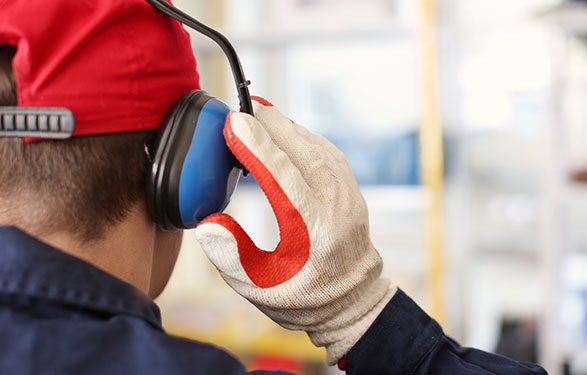
Protecting Your Hearing at Work: Understanding the Risks of Occupational Noise Exposure
October 15, 2025It may come as a surprise, but your workplace could be harming your hearing. Prolonged exposure to loud noises on the job can lead to permanent hearing damage. That's why it's essential to recognize hazardous noise levels and take proactive steps to protect your ears.
What Is Unsafe Noise?
Any sound above 85 decibels (dB) is considered unsafe for prolonged exposure. Common sources include heavy machinery, industrial equipment, and loud tools. A simple rule of thumb: if you need to raise your voice to speak to someone an arm's length away, the noise level is likely too high.
High-Risk Professions
Some jobs carry a higher risk of hearing damage. These include roles in mining, construction, and manufacturing. Musicians, bartenders, and salon workers using hair dryers are also vulnerable. Soldiers exposed to artillery fire face significant auditory risks as well.
Health Effects Beyond Hearing
Noise doesn't just affect your ears—it can impact your overall health. Constant exposure can lead to mental fatigue, irritability, and elevated blood pressure. Over time, this may contribute to serious conditions like hypertension, cardiovascular disease, and type 2 diabetes.
Statistics That Matter
According to NIOSH, 58% of workplace hearing problems stem from noise levels that could be reduced. Each year, 22 million workers are exposed to unsafe noise. Additionally, 9% of those with high cholesterol and 14% with hypertension may be affected by workplace noise exposure.
Protective Measures
Many employers provide hearing protection gear, such as earmuffs, headphones, or earplugs. It's crucial to wear this gear consistently throughout your shift. If your workplace doesn't offer protection, consider bringing your own earplugs to reduce risk.
Why Prevention Matters
Hearing loss is irreversible and can lead to reduced income and increased stress. By taking simple precautions, you can safeguard your hearing and avoid long-term consequences. Don't wait until it's too late—protect your hearing while you still have it.
